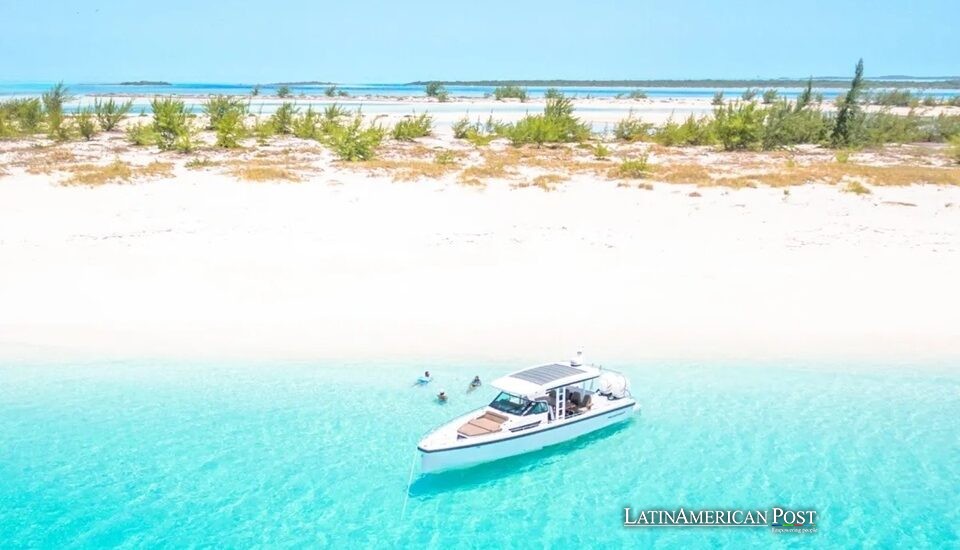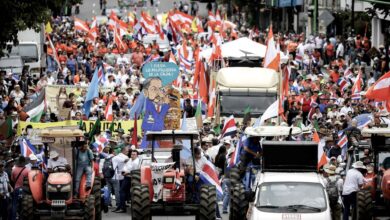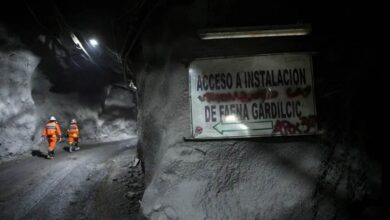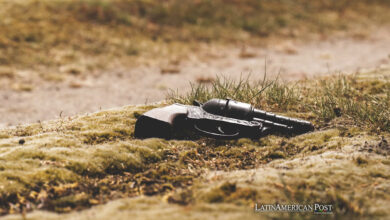Paradise Fights to Stay Safe as Turks and Caicos Battles Rising Crime

Once famous only for turquoise water and postcard sunsets, the Turks and Caicos Islands are now struggling with violent crime, migration pressures, and political strain. Residents describe fear in daily life, even as tourism hits record highs and officials scramble.
A Postcard-Perfect Archipelago on Edge
For decades, the islands sold serenity: calm tides over white sand, hibiscus-shaded resorts, and sunsets so luminous they became a global screensaver. But beneath the beauty, the numbers tell a darker story. With fewer than 50,000 residents, the territory recorded 48 homicides last year—the region’s highest per capita murder rate. By mid-August this year, 24 more killings had already occurred.
Then came the first mass shooting in island history. In July, gunmen stormed a bar, killing four and wounding nine. Pastor Jacques Phanor, who has lived in Providenciales for nearly three decades, described the shift in mood to BBC reporters: “People are terrified. Some are even leaving. We all love the islands, the economy is good, but the crime environment is terrible.”
Fear now shapes small decisions. Phanor once left windows open to the trade winds; now he bolts them before sunset. His family was robbed at gunpoint last December. He says the assailant had arrived illegally by boat from Haiti, linking his own trauma to the broader anxiety sweeping the islands—violence carried across the water and magnified by local gangs feeding on disaffected youth.
Haiti Next Door, Fear at Home
The islands lie just 90 miles north of Haiti, close enough that Port-au-Prince’s chaos washes over like a tide. Premier Washington Misick publicly blamed the July massacre on Haitian gang influence, calling it a “gangland-type slaying” and challenging Haitian leaders on the islands to help “keep these islands safe.” “You know who these violent criminals are, you know how guns are getting into the country,” he charged, according to BBC coverage.
The comments drew anger. The Haitian Heritage Association condemned “hateful narratives,” urging unity against crime while stressing that most Haitians on the islands are law-abiding.
Phanor, who was born in Haiti but is a citizen of Turks and Caicos, admits the truth is complicated. “The crime situation is worse in the Haitian communities,” he said, noting many of this year’s victims were Haitian themselves. But he also blames policy gaps. Children born to undocumented parents often cannot secure legal status when they turn 18. “A lot of kids fall through the cracks,” Phanor explained. “They try to get a work permit as if they were a foreigner. Often they’re turned down.”
Faced with deportations, some families leave children behind with church groups or relatives rather than risk return to Haiti. Those left in limbo become easy prey for gangs promising fast cash and belonging. Vulnerability seeps into the islands like seawater through limestone.
Tourism Booms, Inequality Festers
The paradox is stark. Nearly two million visitors arrived in 2024, generating more than $250 million in just six months, officials say. Grace Bay’s villas still book months ahead, cruise crowds still throng beach bars, and glossy brochures still promise tranquility.
But beyond the resorts, inequality gnaws. Local journalist Wilkie Arthur, once jailed for armed robbery but now working to steer young men from crime, told BBC reporters: “Many people don’t even want to be in gangs; they just can’t find work. We need to empower them so they won’t have to rob someone for a couple of dollars.”
The United Nations recently warned of intensifying organized crime across the Caribbean, driven by drug flows and easy guns. Yet it stressed that most gangs here are local, not transnational—parochial crews focused on turf, extortion, and intimidation. That reality mirrors daily fear in Turks and Caicos: neighborhood-level violence, not cartel empires. And it suggests solutions must also be local—classrooms, apprenticeships, and clear legal pathways for island-born teens who risk being erased by paperwork.
Who Keeps the Peace—and Who Is Responsible?
Authorities have moved to restore calm. Curfews were imposed, alcohol sales restricted, and police given wider search powers. Informal settlements thought to harbor criminals have been demolished—more than 220 shanties bulldozed in August alone. The heavy-handed tactics dominated local radio, but residents say no single measure feels decisive.
That has revived debate over Britain’s role. In a letter to Foreign Secretary David Lammy, Premier Misick underlined London’s constitutional responsibility for defense and invited him to see the situation firsthand. A UK spokesperson said ministers remain in close touch with island leaders and highlighted £9 million in support for coastal surveillance, patrol boats, and specialist officers. “Together, we are continuing to invest in policing and border security to address complex national security threats and safeguard the interests of the Turks and Caicos Islands,” the statement read, as reported by BBC.
For a territory branded on serenity, the stakes are high. Fear could scare away tourists, eroding the revenues needed to fund reform. Tourism Minister Zhavargo Jolly admitted crime is a “concern” but insisted authorities are working to ensure people feel safe so the islands “will remain not only one of the world’s most beautiful destinations, but also a safe and welcoming place for all to visit.”
On Providenciales, where most residents live, that reassurance competes with nightly reality: the crack of gunfire, masked riders on unplated bikes, teenagers pulled toward gangs that promise solidarity and a few dollars. Yet there is also resilience—block cookouts, school teams sweating through practice, elders trading mangoes over fences.
Also Read: Mexican Cartel War Moves to the U.S. as DEA Intensifies Local Operations
Phanor hears both moods in his congregation every Sunday: fear and determination. “We all love the islands,” he said. “We want to keep them beautiful and safe.” Whether through new legal pathways for youth, sustained British backing for border security, or community leaders bridging divides, Turks and Caicos now faces its most pressing challenge: ensuring paradise is not just a dream for visitors, but a safe reality for those who call it home.





